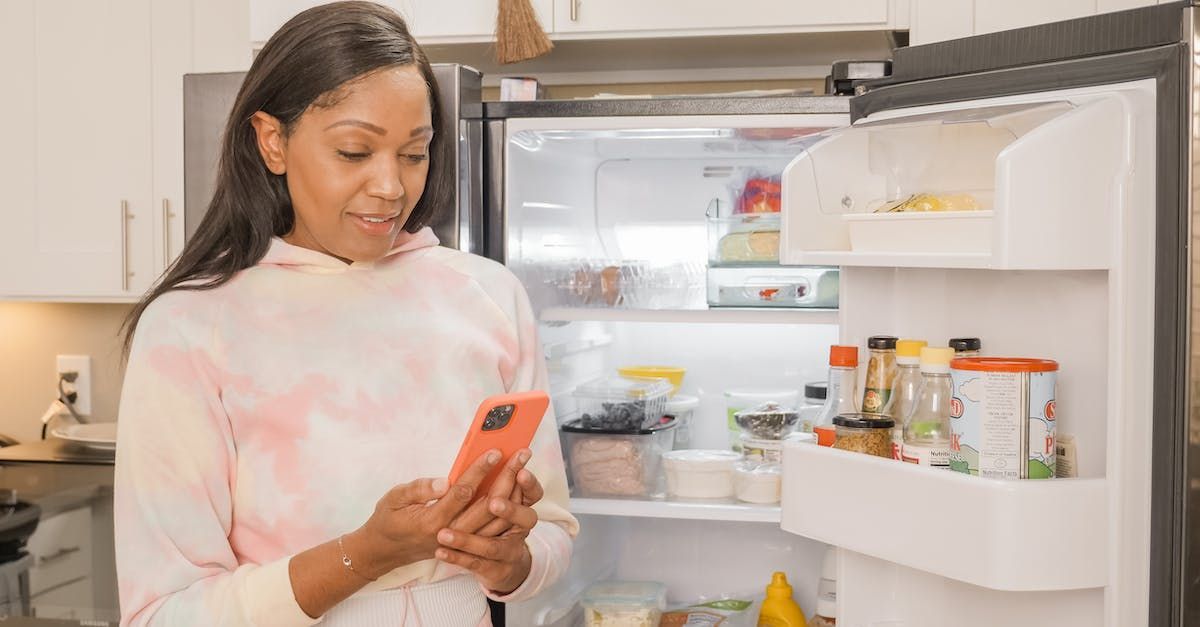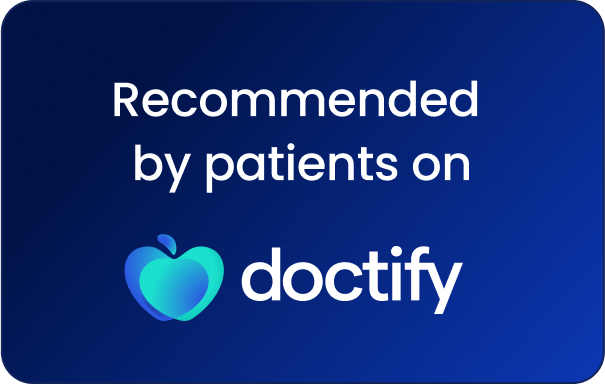Blog Featured Article
Featured Article

Fertility Foods: 10 Nutrients That Boost Your Chances of Conception Naturally
You’re tracking your cycle, peeing on sticks, cutting out caffeine, and trying to stay “relaxed” while everyone around you seems to be getting pregnant by accident.
Trying to conceive is beautiful — and brutal. Especially when it feels like your body isn’t cooperating.
Here’s the good news: what you eat
can have a powerful impact on your fertility.
Not in a fluffy “just eat more kale” kind of way — but in a clinical, cellular, hormone-supporting, egg-quality-boosting way.
Let’s dive into the 10 most important fertility nutrients — and how to get them from real food so you can nourish your body and boost your chances of conception naturally.
🍳 1. Folate (Not Folic Acid)
Folate is essential for cell division, egg development, and reducing neural tube defects — but the synthetic version (folic acid) isn’t well processed by everyone, especially those with MTHFR gene variants.
Best food sources: dark leafy greens, lentils, asparagus, avocado, liver
Daily target: 400–800mcg (from food + a methylated supplement)
🐟 2. Omega-3 Fatty Acids
Omega-3s help regulate inflammation, improve cervical mucus, and support hormone production. They also play a key role in sperm quality (if you’re TTC with a partner).
Best food sources: wild salmon, sardines, flaxseeds, chia seeds, walnuts
Bonus tip: Look for a purified fish oil supplement with both EPA + DHA
🥚 3. Choline
Choline is critical for early fetal brain development — and most women aren’t getting enough. It also supports liver detoxification (important for clearing excess estrogen).
Best food sources: eggs (with the yolk!), liver, soybeans, broccoli
Daily target: 450mg minimum, ideally closer to 550–600mg when TTC
🔋 4. Iron
Low iron can impact ovulation, egg health, and implantation. Women with heavy periods or vegetarian diets are often low and don’t know it.
Best food sources: red meat, lentils, spinach, pumpkin seeds, quinoa
Tip: Pair iron-rich foods with vitamin C (e.g. red peppers, strawberries) to boost absorption
💎 5. Zinc
Zinc is essential for egg development, follicle health, and hormone production (especially FSH and LH, which trigger ovulation). It’s also critical for sperm quality.
Best food sources: oysters, pumpkin seeds, beef, chickpeas
Supplement if needed: 15–30mg/day, ideally with copper
🔬 6. Vitamin D
It’s not just for bones — vitamin D plays a big role in reproductive hormone balance, ovarian function, and implantation.
Best food sources: salmon, eggs, mushrooms, fortified foods
Reality: Most women in the UK are deficient. Test your levels and supplement if needed (2000–4000 IU daily is common)
🌾 7. B Vitamins (Especially B6 + B12)
These are key for hormone regulation, egg quality, luteal phase support, and stress resilience.
Best food sources: eggs, turkey, tuna, bananas, leafy greens, beef liver
Tip: A good methylated B-complex can be a game changer for energy and hormonal balance
🔧 8. Magnesium
Magnesium supports progesterone, eases PMS, reduces stress, and helps regulate insulin (a key factor in PCOS-related infertility).
Best food sources: dark chocolate, almonds, spinach, pumpkin seeds, black beans
Try: Magnesium glycinate in the evening for calm + sleep
🌿 9. CoQ10
CoQ10 supports mitochondrial energy in cells — and eggs need a lot of energy to mature properly and fertilise.
Best food sources: organ meats, sardines, beef
Supplement version: Ubiquinol is the most bioavailable; 100–300mg daily can improve egg quality, especially after age 35
🌈 10. Antioxidants (Like Vitamin C, E, and Selenium)
Oxidative stress damages egg and sperm cells. Antioxidants help protect them and improve overall reproductive health.
Best food sources: berries, Brazil nuts (selenium!), sunflower seeds, oranges, kiwis, leafy greens, olives
🧠 Bonus: What You Don’t Eat Also Matters
Avoid (or reduce):
- Refined sugar and white carbs – spike insulin, disrupt hormones
- Alcohol – depletes nutrients like B vitamins and magnesium
- Ultra-processed foods – loaded with additives and inflammatory oils
- Caffeine – one cup a day is fine, but more may increase miscarriage risk.
You Are Not Alone — and You’re Not Doing It Wrong
Trying to conceive is deeply emotional, and it’s easy to feel like your body is broken.
But fertility is a
sign of overall health — and by supporting your body with the right nutrients, you’re giving yourself the best possible chance.
If you want help building a personalised nutrition and supplement plan that fits your unique body and goals, I’d love to support you.
📞 Book a free discovery call — let’s map out your next steps.
Your hormones can heal. Your eggs can thrive.
And your next cycle can feel like a fresh start.
Paula x
Nutritional Therapist specialising in Fertility, Hormones & Women’s Health



